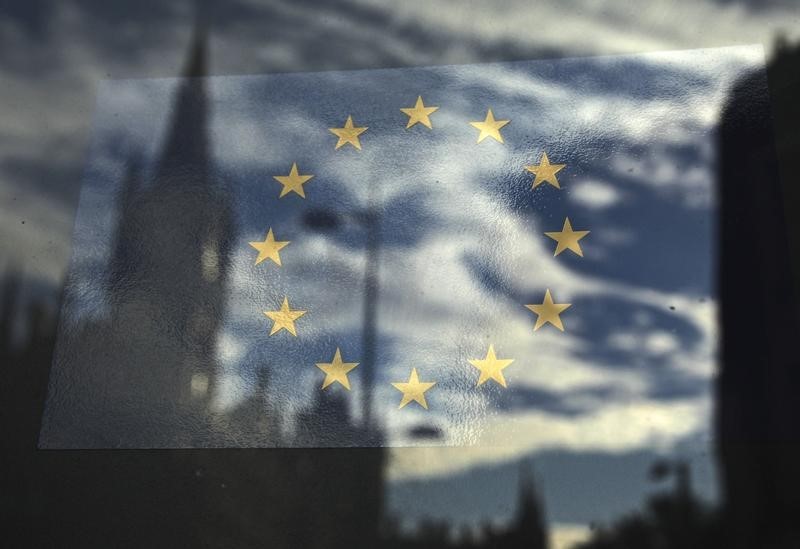JPMorgan cautious on European Utilities: Power-demand recovery a ’gradual process’
LONDON (Reuters) - Britain needs to quit the European Union to reclaim its sovereignty, a group of business leaders and lawmakers said on Thursday, launching a campaign to persuade Britons to vote to leave the bloc at an upcoming referendum.
The campaign, branded 'Vote Leave', draws together groups pushing for a British EU exit, or 'Brexit', from within Prime Minister David Cameron's Conservative Party, the opposition Labour Party and the business community.
"We must end the supremacy of EU law over UK law," said Kate Hoey, co-chair of the Labour Party's 'out' group in a statement announcing the launch of Vote Leave's logo and website.
"I want to see a campaign which brings together those from all parts of the UK who want to take back control of our countries' laws to the British Parliament."
An umbrella campaign group for the 'In' side is expected to launch next week.
While the majority of Britain's biggest businesses back remaining a member of the EU, Vote Leave said it had signed up many business leaders including billionaire hedge fund manager Crispin Odey, entrepreneur and investor Luke Johnson and Chief Executive of Numis Securities Oliver Hemsley.
Vote Leave published a survey conducted by pollster ICM showing that 44 percent of voters support remaining within the EU, with 39 percent backing an exit. The results were in line with other recent polls signalling a close contest.
Cameron has promised to renegotiate Britain's ties with the 28-member bloc before holding a referendum on the country's continuing membership by the end of 2017.
Cameron says he is confident of winning reforms that would allow him to back staying within the bloc, but that he rules nothing out if his negotiations are unsuccessful.
The poll showed that support for leaving the bloc was higher than for remaining if voters were asked to imagine that the renegotiation did not change the status quo that gives EU lawmaking supremacy over British law.
CAMPAIGN TUSSLE
While Cameron is conducting his renegotiation with European leaders in private before declaring his position, others have already started the tussle to influence Britain's future in the bloc it first joined in 1973.
Vote Leave will compete with rival 'out' campaign Leave.EU, which launched last month, to unlock funding and campaign assistance by becoming the officially designated lobby group.
The two campaigns take distinctly different approaches, with the former bringing together those who believe in EU reform but think Cameron will fail to achieve it, while the latter attacks the principles of the EU establishment.
Vote Leave announced some of its key campaign messages in a statement. "Technological and economic forces are changing the world fast. EU institutions cannot cope," it said. "We have lost control of vital policies. This is damaging. We need a new relationship with the European Union."
The group said it would push for a free trade deal based on "friendly cooperation" with the EU and wanted Britain to regain its independent voice at institutions like the World Trade Organisation to promote wider trade cooperation.
